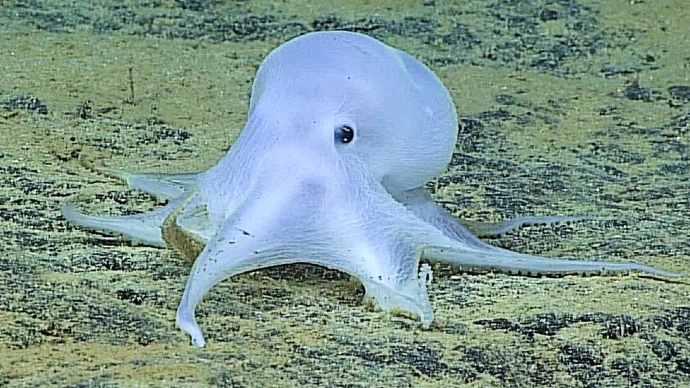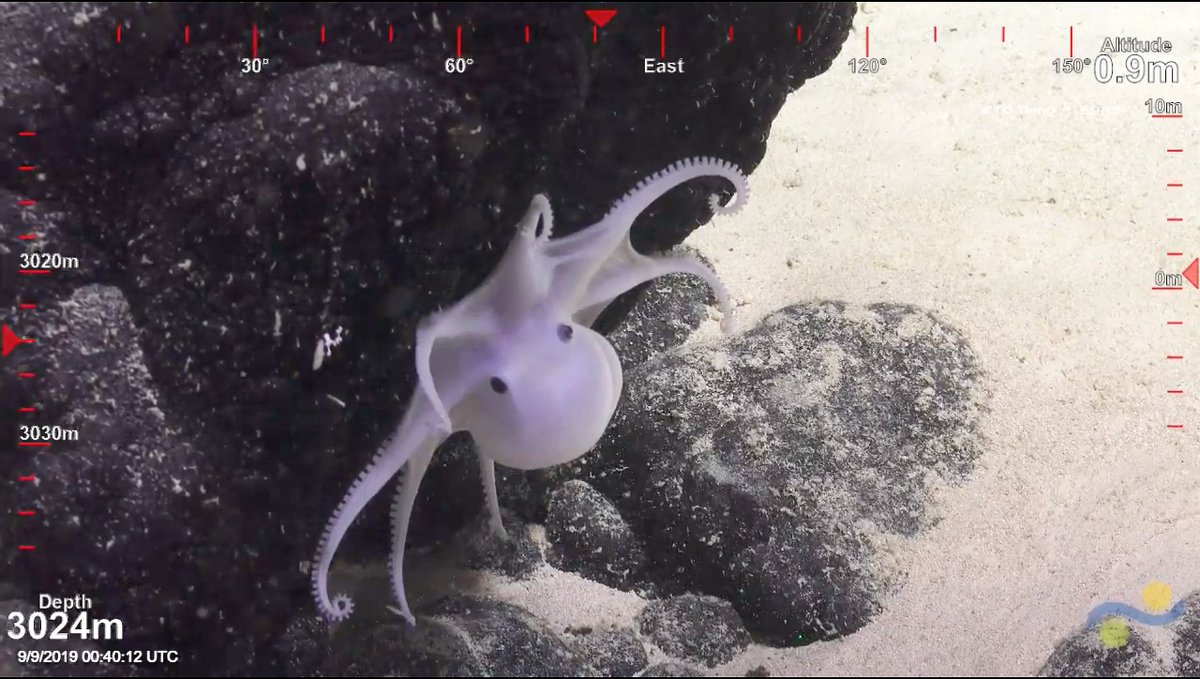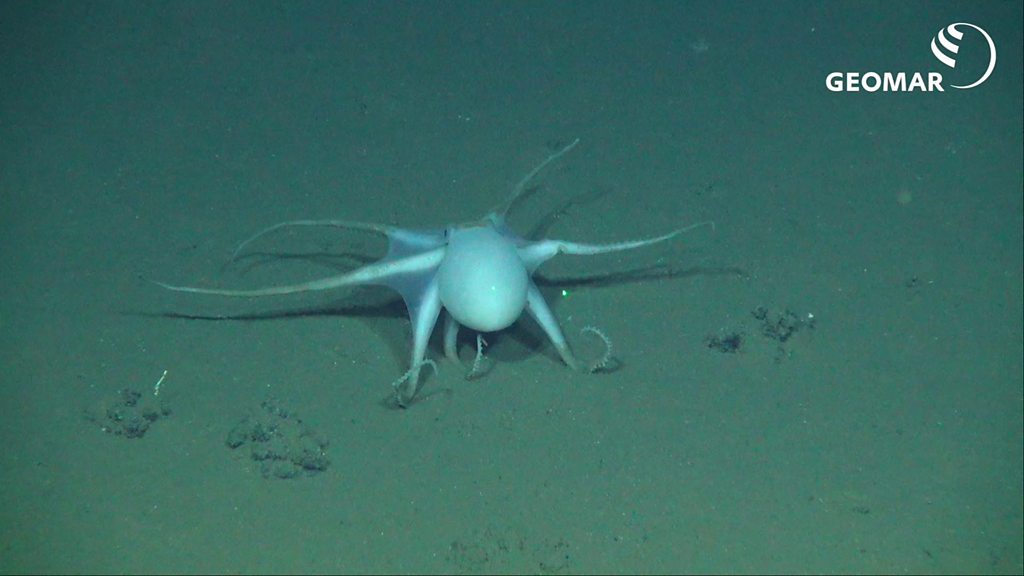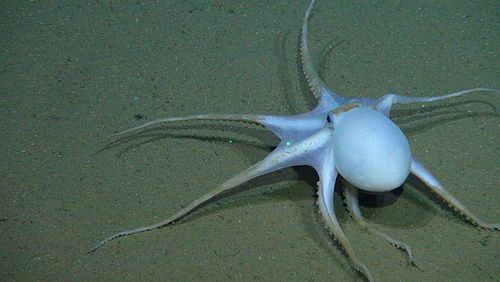 Octopuses are known to be one of the most fascinating animals on Earth, although we often know almost nothing about them. There are many different species, but they all share a common characteristic: a highly developed level of intelligence . There are many species of cephalopods , but among all perhaps the one that has attracted the most attention in recent years is the ghost octopus or octopus Casper , so called because it is very reminiscent of the captivating character of the film with this name, with its characteristic white color. bluish :
Octopuses are known to be one of the most fascinating animals on Earth, although we often know almost nothing about them. There are many different species, but they all share a common characteristic: a highly developed level of intelligence . There are many species of cephalopods , but among all perhaps the one that has attracted the most attention in recent years is the ghost octopus or octopus Casper , so called because it is very reminiscent of the captivating character of the film with this name, with its characteristic white color. bluish :


This ghostly species of octopus was discovered by chance during a mission carried out by the National Oceanic and Atmospheric Administration (NOAA) . It happened during an expedition off Hawaii in February 2016 from the Okeanos Explorer ship , while it was doing geological studies. Scientists were surprised to see an octopus with such characteristics for the first time:
” This animal is particularly unusual in that it lacks the typical pigmented cells, called chromatophores , and lacks a lot of muscle structure,” said NOAA zoologist Michael Vechioni . Unsurprisingly, this octopus species hasn’t been discovered earlier, as it lives in very deep places, particularly 4,000 meters below the ocean’s surface. . Its main feature is the absence of shadesvariegated throughout its body. The lack of pigmentation is therefore a sign of their distinctive features. Moreover, it does not require any specific pigmentation given the depth at which it lives. This lack of pigmentation is due, among other factors, to the lack of sufficient lighting in their environment. However, climate change is producing major changes in its nature, as it is affected by constantly changing water temperatures. This circumstance affects both their size and their diet, but scientists are still studying this problem in detail. It is a small octopus that is distinguished by having only one row of suckers on each tentacle instead of the two that these animals usually have.


An article published in the journal Current Biology the year after the discovery revealed that these spooky deep-sea octopuses lay eggs on dead sponge stems that are often attached to metal-rich nodules on the sea floor that are increasingly valuable from the point of view. commercially because they are used in cell phones and computers. ” Presumably, the female octopod raises these eggs, probably for as long as they need to hatch, which could be a number of years ,” says Autun Purser of the Alfred Wegener Institute (AWI) – Helmholtz Center for Polar and Marine Research in Germany . . “The disturbing observation is important, as these sponges only grow in some areas of small hard nodules or rock crusts of interest to mining companies, due to the metal they contain, including manganese, “he adds.” Removal of these nodules can thus endangering the life cycle of these octopuses. “ Their physical characteristics seem to vary slightly depending on where they live and the type of water that surrounds them. According to information from Techeblog , it has been shown that the more tropical the waters in which is located, the longer and thinner the arms of this unusual octopus species :


This fact has a direct implication in terms of how easy it is to feed. Even so, it has not been possible to conduct detailed studies on this particular species, so it is not possible to determine how it survives and what it shares with other cephalopods. There is, therefore, notes Giovanni D’Agata , president of the “ Rights Desk ”, a large field of pending exploration on this species, which for the moment reserves the secrets it holds.
# octopus #octopus #hawaii #polpocasper #polpofantasma









